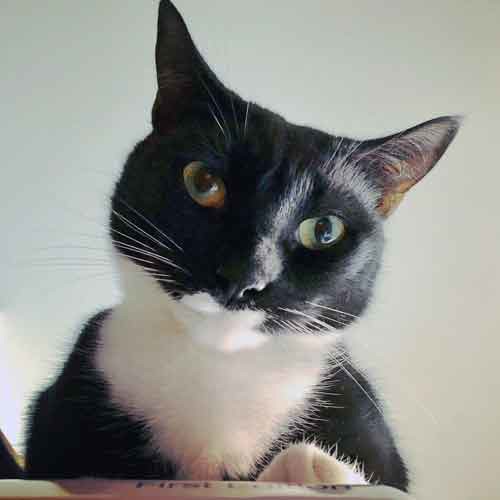-
Adopt a cat
- Find a cat
- Advice on getting a cat
- Adopt a cat FAQs
- What is our adoption fee?
-
Adopt a cat
Fluffy cats, scruffy cats, tiny cats, mighty cats. We've got all kinds of cats! If you're thinking about adopting a cat or kitten, you're in the right place.
Visit the Adopt a cat page
-
About Cats Protection
- What we do
- Campaigning
- Neutering
- Cat Guardians
- Lifeline
- Education
- Grief and loss
- Our vision
- Structure, governance and management
- Corporate partners
-
About Cats Protection
Find out more about Cats Protection, how our organisation works and the services we provide for cats and their owners.
Visit the About Cats Protection page
-
Help and advice
- Getting a cat
- Lost, found and feral cats
- Cat behaviour
- Neutering, vaccinations and microchipping
- Home and environment
- Health
-
Help and advice
Looking for cat advice? Our vet-approved guides focus on everything from how to care for a kitten to what to do if you've lost your cat.
Visit the Help and advice page
-
Support us
- Donate
- Sponsor a cat
- Events
- Lottery and raffle
- Volunteering
- Gifts in Wills
- Giving in memory
- Become a member
- Corporate partnerships
- Philanthropy
-
Support us
Find out about how you can help us continue our vital work for cats.
Visit the Support us page
-
Adopt a cat
Adopt a cat
Fluffy cats, scruffy cats, tiny cats, mighty cats. We've got all kinds of cats! If you're thinking about adopting a cat or kitten, you're in the right place.
Visit the Adopt a cat page -
About Cats Protection
About Cats Protection
Find out more about Cats Protection, how our organisation works and the services we provide for cats and their owners.
Visit the About Cats Protection page -
Help and advice
Help and advice
Looking for cat advice? Our vet-approved guides focus on everything from how to care for a kitten to what to do if you've lost your cat.
Visit the Help and advice page -
Support us
Support us
Find out about how you can help us continue our vital work for cats.
Visit the Support us page

 In 2018, Phil offered black-and-white cat Tasha a forever home after she had spent a year in the care of Cats Protection’s Gateshead & Newcastle Branch.
In 2018, Phil offered black-and-white cat Tasha a forever home after she had spent a year in the care of Cats Protection’s Gateshead & Newcastle Branch.